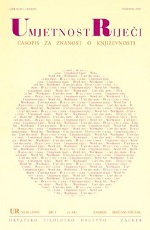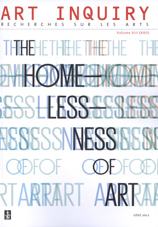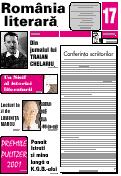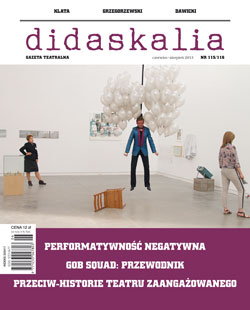
Hrvatska drama i kazalište na kraju 20. stoljeća
Das Jahr 1990 dient als ein neuer Periodisierungspunkt in der kroatischen Dramatik: seit diesem Jahr erlebt das grundlegende dramatische Modell einen Wandel, es kommen neue Generationen von Dramatikern auf, versammelt um zwei bedeutende Institutionen (Teatar ITD und sein Projekt Mlada hrvatska drama – ’Junges kroatisches Drama’ sowie die Zeitschrift Plima – ’Die Flut’). Gleichzeitig bleiben auch die Dramenautoren der mittleren und älteren Generation aktiv. Im kroatischen Theater kommt es Anfang der neunziger Jahre ebenfalls zu Veränderungen: auf den Bühnen werden Themen aus der kroatischen Geschichte behandelt, das Theater öffnet sich zunehmend der einheimischen Dramenproduktion, das Theaterleben wird insbesondere durch unabhängige Texte und Inszenierungen in Bewegung gebracht.
More...


